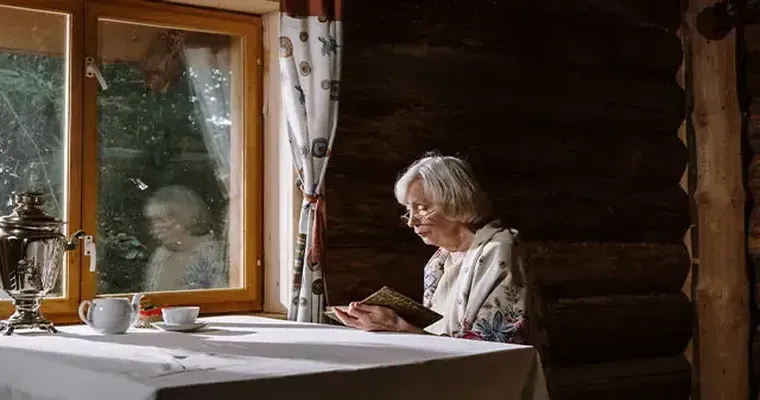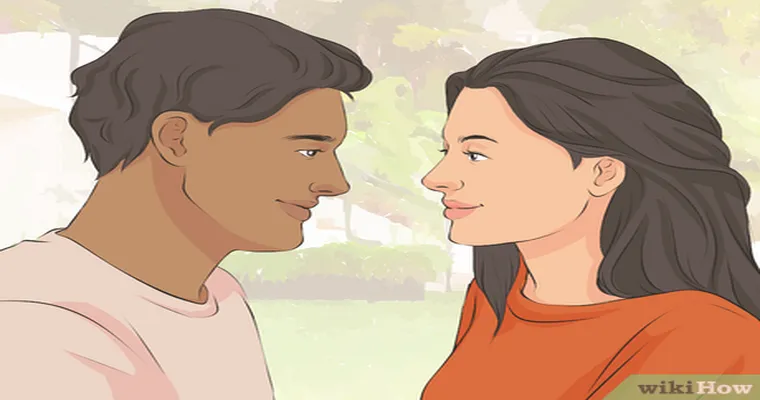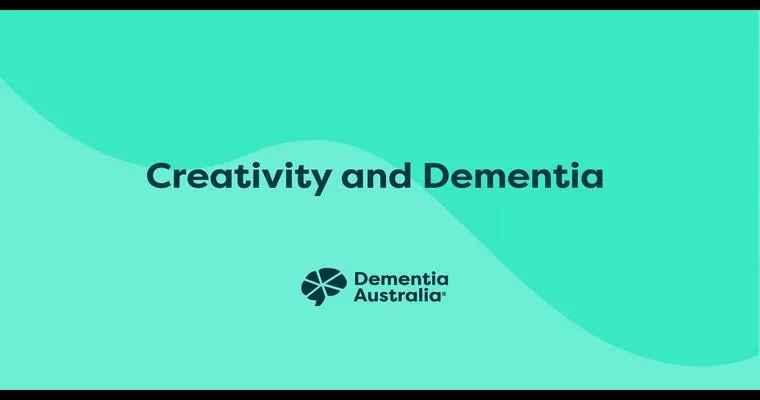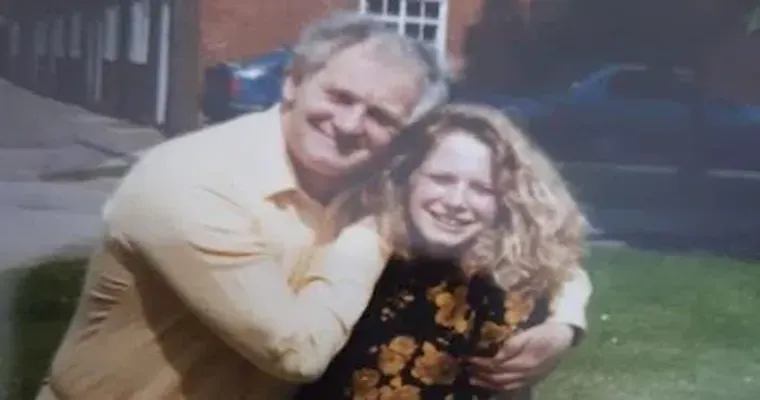Caring for a loved one with "low vision" due to conditions like "macular degeneration" can be challenging yet rewarding. While your 92-year-old mother maintains her mental acuity, her visual impairment may limit her independence and enjoyment of daily activities. Fortunately, there are various "classes" and "therapy sessions" designed to help seniors adapt to low vision, enhancing their quality of life and promoting engagement in meaningful activities.
Understanding Macular Degeneration
Before exploring available options, it is essential to understand "macular degeneration", a common eye condition that affects the central part of the retina, leading to blurred or reduced central vision. It is crucial to recognize that while macular degeneration can be debilitating, it does not affect peripheral vision. This means your mother can still navigate her environment with some adjustments.
Vision Rehabilitation Services
One of the most beneficial steps you can take is to explore "vision rehabilitation services". These services typically include personalized assessments and training focused on maximizing the remaining vision. A certified "vision rehabilitation specialist" can provide valuable strategies and tools to help your mother adapt to her visual challenges.
Low Vision Classes
Consider enrolling your mother in "low vision classes" offered by local community centers, senior centers, or organizations like the "American Foundation for the Blind". These classes often cover a range of topics, including:
"Adaptive Techniques": Instruction on how to use remaining vision effectively.
"Assistive Technology": Training on devices that can enhance vision, such as magnifiers and electronic reading aids.
"Daily Living Skills": Tips on how to perform everyday tasks with low vision.
Support Groups
Support groups can be incredibly beneficial for individuals with low vision and their family members. These groups provide a platform for sharing experiences, tips, and emotional support. They can also help your mother connect with others facing similar challenges, reducing feelings of isolation.
Occupational Therapy
Occupational therapy can assist your mother in maintaining her independence. An occupational therapist specializing in low vision can evaluate her living environment and suggest modifications to make daily tasks easier and safer. They may also provide training in using adaptive equipment, such as talking watches or color-coded labels for organizing items around the house.
Vision-Friendly Activities
Encourage your mother to participate in "vision-friendly activities" that stimulate her mind and keep her engaged. Activities such as:
"Puzzle Solving": Large print puzzles or braille options can be enjoyable.
"Arts and Crafts": Projects using tactile materials can be a great way to express creativity.
"Reading": Consider audiobooks or large print books to keep her love for reading alive.
Technology Assistance
There are numerous technological advancements designed for those with low vision. Tablets and smartphones can be equipped with accessibility features such as voice commands and screen magnification. Familiarizing your mother with these devices can offer her more independence and access to information.
Conclusion
While your mother may face challenges due to "macular degeneration", there are numerous resources available to help her navigate this new chapter of life. By exploring "classes", "therapy sessions", and support networks, you can empower her to maintain her sharp mind and enjoy her daily activities. Emphasizing adaptive techniques and engaging in meaningful pursuits can significantly enhance her quality of life, ensuring that her age does not define her capabilities.





